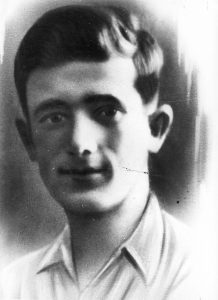
Mordechai Anielewicz, one of the leaders of the uprising. Image Source: Jewish Currents
On Jan. 18, 1943, Jews in the Warsaw ghetto organized armed self-defense units to oppose deportations to forced-labor camps and to the Treblinka extermination camp.
This was the first and largest Jewish urban uprising in German-occupied Europe which sparked other ghetto uprisings, including the April-May Warsaw Ghetto Uprising.
As David Rovics explains in his song, I Remember Warsaw:
. . . people said we had no chances
By then we all knew they were right
It was 1943
And we, the walking dead, made up our minds to fight
We cleansed the ghetto of their agents
Dug a maze of tunnels underground
We begged the Allies, give us weapons
But empty words were all we found. . . Continue reading and listen.
As reported in the Jewish Virtual Library, “The New York Times buried much of its coverage of the Holocaust on the back pages, the uprising was no different.”
On this anniversary, we share an excerpt from the suicide note left by Szmul Zygielbojm, a Jewish-Polish socialist leader of the Jewish Labor Movement, the Bund, and a member of the National Council of the Polish government in exile during WWII.
He had alerted the Allies to the Nazi’s crimes against humanity and Jewish resistance in Warsaw, yet there was no action:
The responsibility for the crime of the murder of the whole Jewish nationality in Poland rests first of all on those who are carrying it out, but indirectly it falls also upon the whole of humanity, on the peoples of the Allied nations and on their governments, who up to this day have not taken any real steps to halt this crime.
By looking on passively upon this murder of defenseless millions tortured children, women and men they have become partners to the responsibility. Continue reading.
Zygielbojm critiqued Zionists and the Allies. David Rosenberg writes in, ‘I Can Neither Be Silent Nor Live’: Remembering Szmul Zygielbojm,
He vented about his political opponents within the Jewish community, writing, ‘According to the latest news that reached me this week, some 300,000 Jews are still alive in Poland, but the slaughter continues steadily. The Zionists are using the martyrdom as part of their fundraising campaign: “another 100,000 Jews murdered, give more money for [Jewish settlements in] Palestine”.’
On the same day that the Nazis entered the Warsaw Ghetto to destroy it, American and British diplomats convened in Bermuda to discuss the plight of Jews in Poland. They spent 11 days ruling out any significant action or offers of sanctuary. This political failure hit Zygielbojm viscerally. It confirmed his frustration that those with the power to act lacked the will to do so.

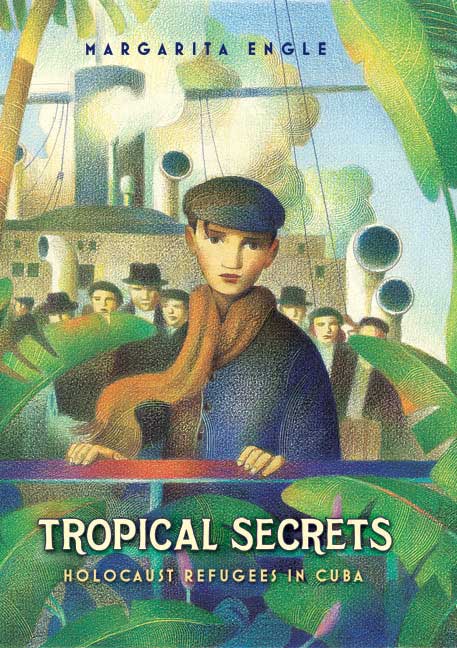
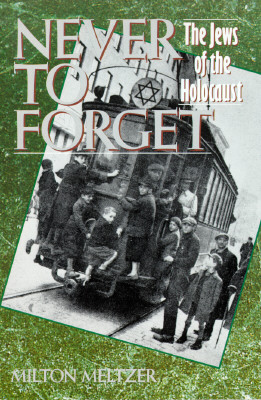
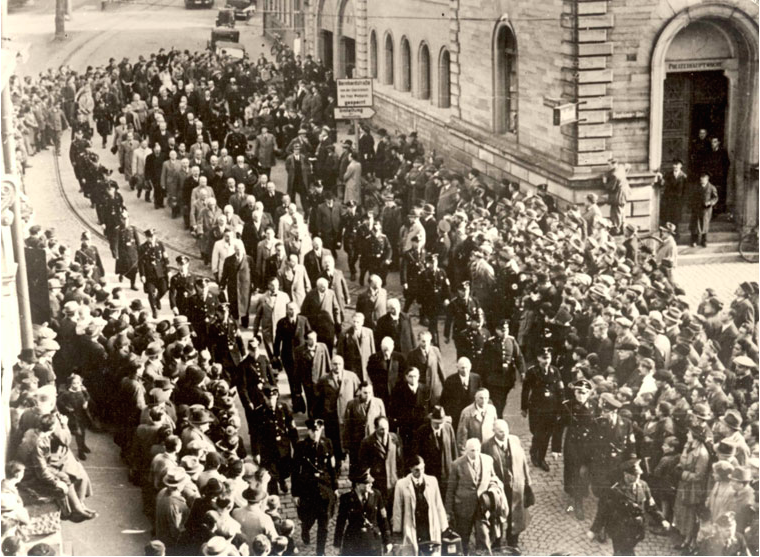
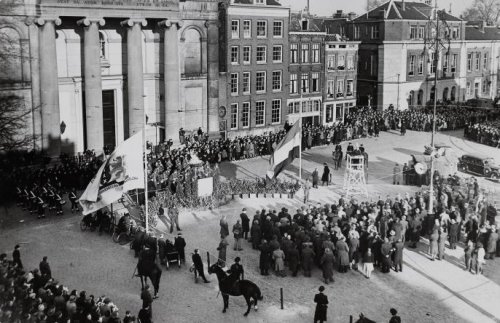
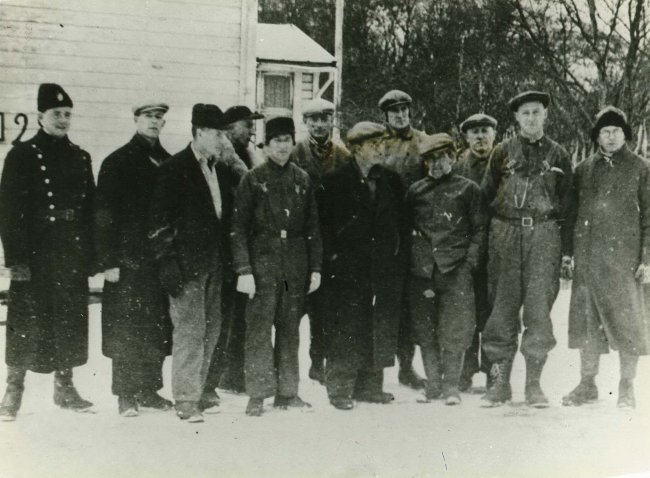
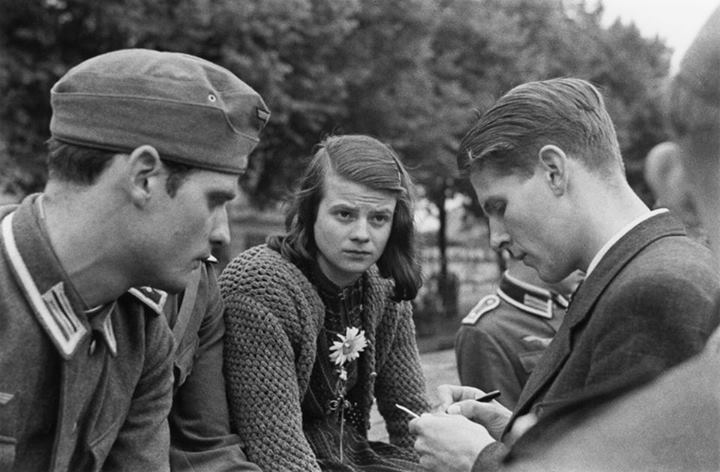
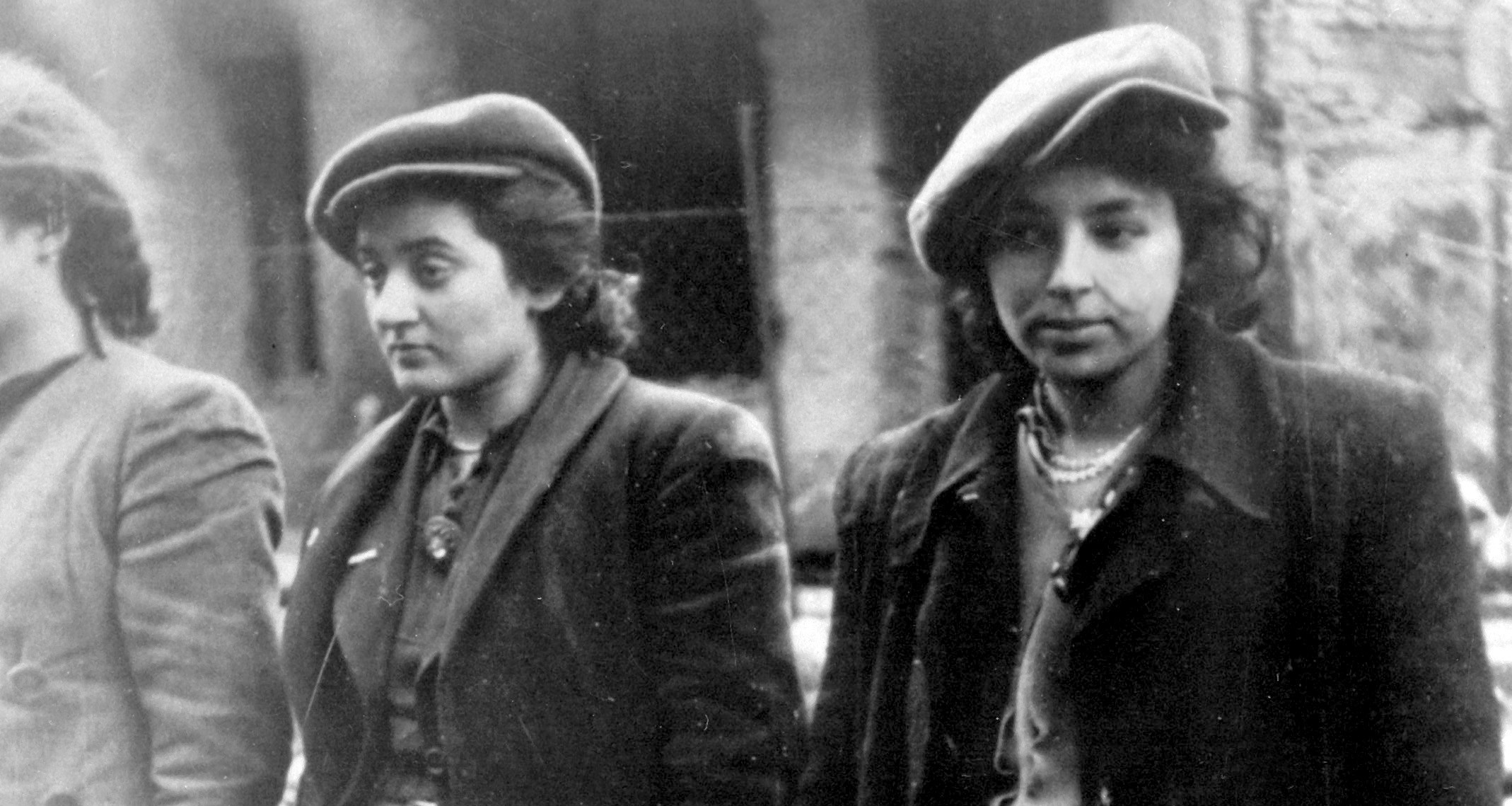





Twitter
Google plus
LinkedIn